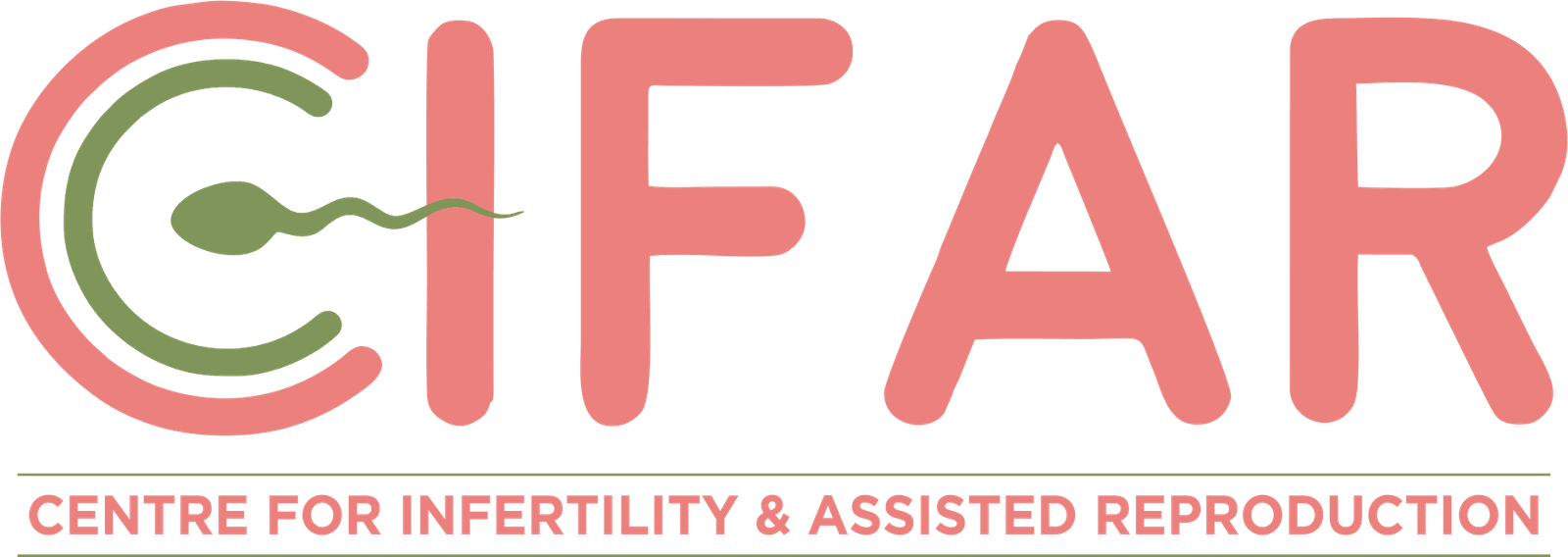What is Reproductive Genetics?
Reproductive genetics is a branch of reproductive healthcare that focuses on defining risks for heritable conditions and/or identifying an underlying genetic cause for abnormalities found in a pregnancy. In general, these genetic abnormalities fall into two categories:
- Single gene defects
- Chromosomal abnormalities
Single gene defects
Single gene defects involve a mutation or abnormality within the DNA which are odds for a particular gene.
Single gene defects can lead to various health conditions that can cause fertility problems. These conditions include Cystic fibrosis, Tay Sachs disease, Spinal muscular atrophy, Canavan disease, Sickle cell disease, and Thalassemia.

Chromosomal Abnormalities
One of the biggest examples of a reproductive chromosomal abnormality is translocation in which the eggs or the sperm develop some abnormal chromosomes which lead to repeated pregnancy failures.
Chromosomal abnormalities happen due to changes in the number or structure of the chromosomes which carry the DNA. These changes often affect many genes.
The normal number of chromosomes for humans is 46. Women have 22 pairs of autosomes and two X chromosomes. Men have 22 pairs of autosomes and one X and one Y chromosome.
Examples of chromosomal abnormalities include:
- Down syndrome (Trisomy 21—an extra chromosome 21),
- Turner syndrome (loss of one X chromosome)
- Klinefelter syndrome (an extra X chromosome in men).
In men, chromosome abnormalities can lead to low sperm counts. Y-chromosome gene deletions and cystic fibrosis gene mutations may be associated with azoospermia or a lack of sperm. Cystic fibrosis gene mutations also may result in an absence of the ducts that transport sperm.
In women, chromosomal abnormalities can be associated with pregnancy loss or even clinical conditions in children such as Down syndrome.
Genetic testing is recommended for all men with a lack of sperm (azoospermia) or low sperm counts and also in women who are undergoing repeated pregnancy failure or repeated implantation failure (RIF).
If a genetic or chromosomal abnormality be found during your evaluation, your physician may recommend genetic counselling in which a detailed family genetic history is obtained and an assessment of risk determined.
Preimplantation genetic diagnosis (PGD) or preimplantation genetic screening may be performed to screen embryos for genetic conditions before implantation. PGD involves the removal of one or two cells from an embryo on Day 5, and genetic analysis of the cell is done.

Who requires genetic counselling and when?
Genetic counselling is just one aspect of a multidisciplinary approach to diagnosing birth defects or genetic abnormalities in the growing foetus.
Usually ,a team of reproductive specialist, maternal foetal medicine specialists, genetic counsellors, geneticists, reproductive endocrinologists, and experts in prenatal cytogenetics and pathology form a collaborative approach to offer genetic counselling, genetic screening and diagnostic testing and services.
Genetic counsellors work with individuals and couples who have an increased chance of having a child with a birth defect or genetic condition. They examine in the detail the medical history of the patient and their family members to determine the kind of genetic screening or testing the patient(s) must undergo during the pregnancy or before it.
Some of the individuals who may require genetic counselling are:-
- Maternal age >35 years at delivery
- Have family members with intellectual disability, birth defects or genetic conditions
- Have abnormalities found on ultrasound or prenatal screening blood work
- Are from certain ethnic backgrounds with increased carrier frequency for specific disorders
- Known carrier of a genetic condition
- Have had medication or drug exposure early in pregnancy
- Have a history of recurrent pregnancy loss
Dr Puneet’s fertility clinic has a qualified team of specialists who provide genetic counselling, testing, screening and treatment through best in class methods and facilities to couples or individuals who are at risk of genetic defects related to reproduction or fertility.
Meet Our Professional


